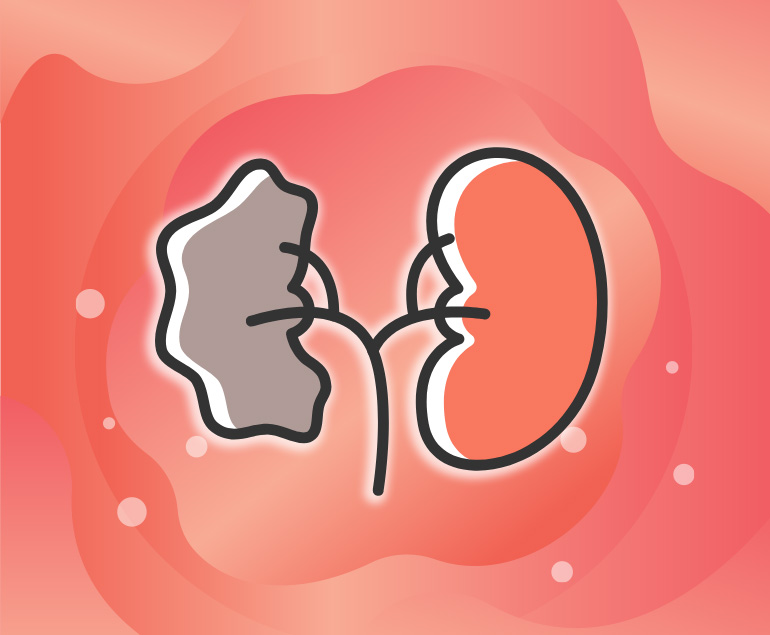Kidney Dysfunctions
Kidney dysfunction is the inability of the kidney to fully perform the functions that it should perform under normal conditions. The elimination of disorders that progress depending on many different variables is very important for the comfort of the person’s life now and in the future. Because the kidney, which does not have the ability to renew itself, can even put a person’s life at risk if the necessary importance and treatment methods are not taken. This is because when the kidneys are not functioning, electrolytes and waste fluids cannot be excreted from the body. An increase in the rate of waste accumulated in the body can even have fatal consequences over time. At best, this condition, which can cause many unpleasant complications, must be eliminated. If possible, the kidneys should be restored to their former function.
Causes of Kidney Dysfunctions
The causes of kidney dysfunction are also the answer to the question of what causes kidney dysfunction. Identifying the cause of disorders that occur due to many different causes is the main step to be taken for treatment. For treatment to take place, it is essential to first identify the factors that cause the dysfunction.
- The main causes of kidney dysfunction are as follows.
- High levels of fluid loss in a short period of time
- High blood pressure and related medications
- Heart attacks
- Cardiovascular blockages
- Various infections in the body, especially in the kidney
- Liver dysfunction
- Frequent and unconscious consumption of medicines and pills
- Lupus disease
- Bone marrow cancer
- High level of unconscious alcohol consumption
- First degree burns
- Stimulant drug consumption
- Substance abuse (drug use)
Symptoms of Kidney Dysfunctions
Symptoms of kidney dysfunction are a major factor for patients with the condition to treat it. It would not be wise to consider only the symptoms for the diagnosis of kidney dysfunction, which shows similar symptoms with different disorders. The patient must undergo a urological examination to ensure a complete diagnosis.
The main symptoms of the disorder, which shows many different symptoms, are as follows.
- Sleep disturbances (insomnia, sleep apnea, etc.)
- Fatigue, weakness, anemia
- Skin dryness
- Skin itching
- Frequent need to urinate
- Foam in urine
- Changes in urine pressure
- Changes in urine color
- Unidentifiable taste in the mouth (metallic taste)
- Blood in the urine
- Swelling in the body
- Sudden muscle cramps
- Loss of appetite
- Chills
- Vomiting and fever
- Pain sensation in the body
Treatment of Kidney Dysfunctions
For the treatment of kidney dysfunction, it is necessary to identify the disorder in the kidney. The disorders, which include conditions such as kidney failure and chronic kidney disease, can be diversified. It is therefore impossible to identify these disorders, which are quite similar in terms of symptoms, by considering only the patient’s complaints. If such a diagnosis is made, the person will have to resort to medical medication or other forms of treatment that will not relieve the condition. This does not stop or reverse the existing condition and may have irreversible consequences. Mostly because if the kidney is unable to perform its filtering task, the patient may lose a kidney or even die. This condition, which is catastrophic due to its inability to regenerate itself, should be taken seriously and the problem should be identified with tests and examinations.
The main methods used for the treatment of kidney dysfunction are as follows.
- Medical drug support
- Hemodialysis
- Peritoneal dialysis
- Kidney transplant


